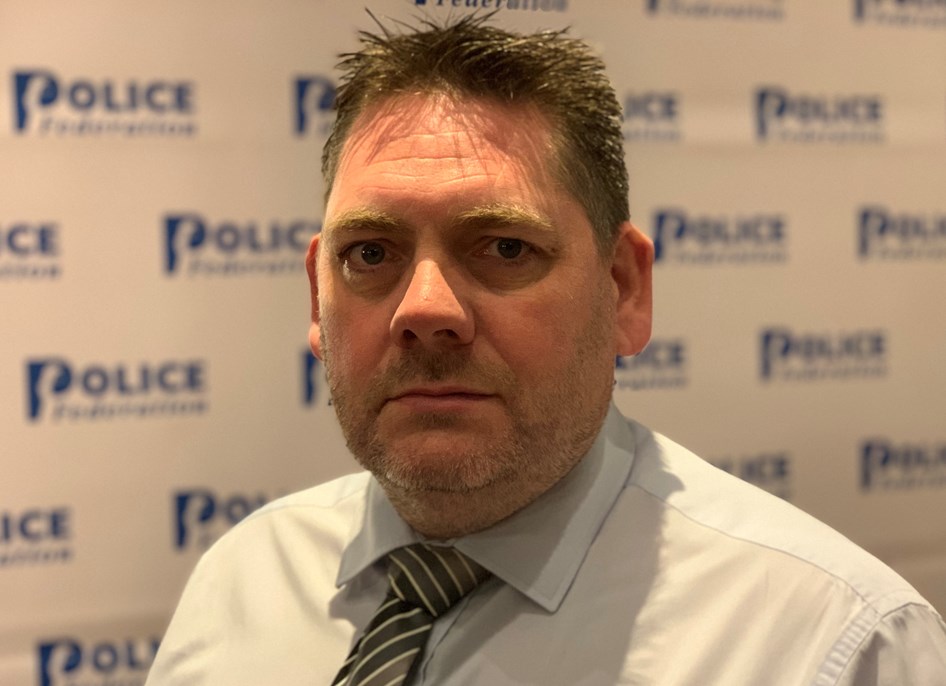A massive shortfall in detectives is causing difficulties for police officers across the country, says PFNDF Vice Chairman
28 October 2019

Excessive workload, increased risk and a lack of pay parity have all contributed to the national detectives crisis, the Vice Chairman of the National Police Detectives’ Forum has said.
Jared Sudworth, who is also GMP Federation’s Detective's Lead, said the “massive shortfall” in detectives is making life difficult for colleagues across the country.
There are currently around 5,000 investigator posts lying empty across England and Wales.
The problem was discussed at the Police Federation of England and Wales National Detectives' Forum (PFNDF) this month.
Jared said: “There are some schemes going on around the country that are having an impact. There are some direct entry schemes. Some forces, like West Midlands, are recruiting through the Detective Academy.
"In Greater Manchester we have actually got plenty of people through the National Investigators Examination to fill the vacancies that we’ve got but, unfortunately, that will leave our frontline uniform response short of experience. So you’re robbing Peter to pay Paul, which is difficult for senior leaders to manage.”
The increase in frontline officers that has been promised as part of the national 20,000 increase will provide an important boost, Jared said.
He added: “There are opportunities within Greater Manchester Police for certainly student officers to be identified as potential detectives, and not necessarily fast-tracked but identified and pushed through the detective route.
"I think an increase in uniformed response officers will allow those that have passed the National Investigators Examination to go into the CID. Adding their experiences on the frontline with the detective role can only help the CID and their colleagues that are in there under immense strain as it is.”
GMP has around 20 recruits on the Police Now graduate entry scheme that will join CID in March next year. But he warned that direct entry was problematic. “My personal belief is that people joining the police, whether that be as a direct entry detective into the CID, which in effect is an omni-competent role, needs some experience of frontline policing.
"They need to know what it’s like to manage a scene at the very outset. They need to know what it’s like to speak to witnesses and victims.
“When they first receive that kind of traumatic experience, then they can pass that knowledge on or learn from that knowledge once they’re into the CID office.
"But to bring people into a busy CID office without any policing experience whatsoever is a risk. It’s a risk to the individuals themselves, it’s a risk to their colleagues, but more importantly it’s a risk to the public that we serve.”



















